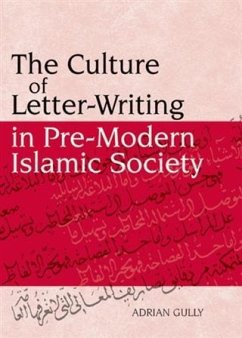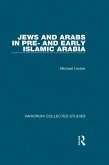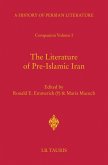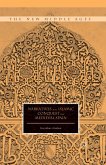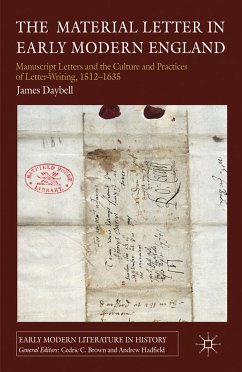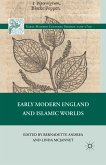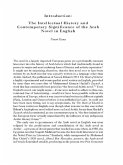This book offers a unique analysis of letter-writing in the Middle Islamic period. Writing letters was an important component of intellectual life at that time, telling us much about the cultural history of pre-modern Islamic society. Focusing on the notion of the power of the pen, the author looks at the wider context of epistolography, relating it to the power structures of Islamic society in that period. He also attempts to identify some of the similarities and differences between Muslim modes of letter-writing and those of western cultures.Readers will find detailed explanations of how letter-writing in that culture was much more than a vehicle of artistic prose. They will also learn about the conflict between writing and orality in Islamic society during the pre-Modern period.The author? evaluates the background to letter-writing as the principal representation of state documents and communication;? takes a close look at the literary principles employed in that process;? considers the important social and intellectual role of the secretary and how he fitted into the power structure of Islamic society during this period;? argues that the voluminous collections of letters, written mainly in artistic prose, can be classified as an epistolary genre in their own right;? shows that Islamic letter-writing was very culture-specificOne of the strengths of this book is that it is based on a wide range of primary Arabic sources, thus reflecting the broader epistemological importance of letter-writing in Islamic society.
Dieser Download kann aus rechtlichen Gründen nur mit Rechnungsadresse in A, B, BG, CY, CZ, D, DK, EW, E, FIN, F, GR, HR, H, IRL, I, LT, L, LR, M, NL, PL, P, R, S, SLO, SK ausgeliefert werden.

